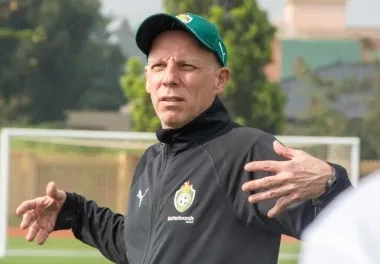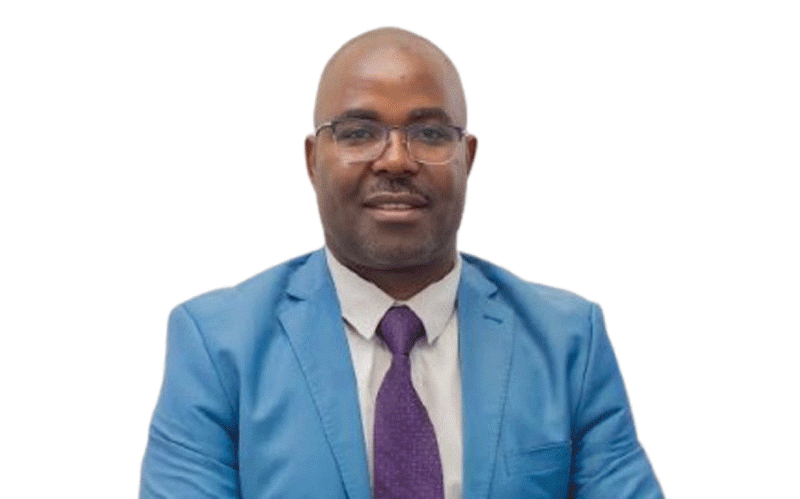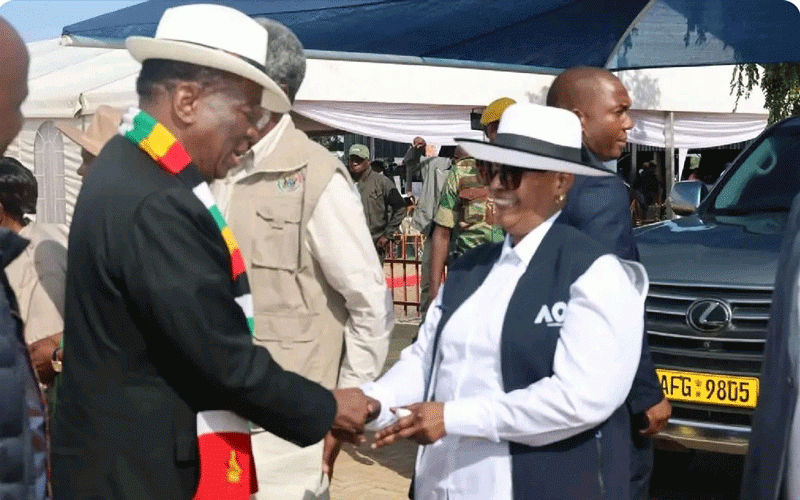
BY TIM MIDDLETON A FEW years ago, a senior representative of a pensions company in South Africa made an astonishing point at a conference dinner. He said that the first person who will live to be one hundred and fifty years old is already fifty years old. As if that was not enough, he also declared that the first person who will live to be two hundred years old is already alive. If that is the case, some of us are going to be retired for a very long time – and the afore-mentioned pension companies are going to struggle!
We often remind ourselves that while education is for life and sport is integral to education, then that means that sport is meant to be for life. There are some people who embody that philosophy entirely. A few years ago, various news outlets reported on a ninety-five year old (labelled “the oldest winger in town”) turning out for his rugby club in Scotland in a charity match, while in Japan there are leagues for what might be loosely termed as ‘overage’ players. In many sports there are Masters and Veteran leagues as well as internationals. People continue to play sport forever!
Following his appointment as the England Test cricket coach, Brendan McCullum, the exciting former New Zealand batsman, declared that he would bring to the job the same philosophy that he brought to his playing, namely that: “Plan as if you will live forever; live as if you will die tomorrow”. He did not expand on this mantra but the way his team has played since perhaps has given us a clue. We in turn might perhaps translate or interpret McCullum’s statement as encouraging us to practise as if we will live forever and play as if we will die tomorrow – practice is in effect all about preparing for what lies ahead in competition, while playing is what the sport is ultimately about.
The first part of his statement, that we should plan as if we will live forever, suggests that we should be careful and patient in how we approach fixtures, in our practices; we should not simply go out with a hit-and-hope attitude. Thought and consideration and practice must be involved. We need to develop understanding of what needs to be done rather than simply rely on raw emotion and enthusiasm.
This is especially valid when it comes to coaching children. There is no rush – we have them for a long time (and we want them to play for a long time) so we must not push them too fast too soon. We must pace ourselves in their development. They have all the time in the world so let them practise and practise some more, to prepare themselves. They may be wingers (the youngest ones in town at that) but they are not ‘winging’ it.
At the same time, McCullum has argued with reference to how we play sport, we should live as if we will die tomorrow. In sporting terms that perhaps means we should ‘leave everything on the pitch’ (as the saying goes); we should have no regrets when we come off the field. We should leave no doubts as to what we sought to do, we should leave nothing behind. We should go all out when we play, unafraid, carefree, unrestrained. At the same time, we should make the most of every moment, as if we will never have another such opportunity. We should not just seize (not simply take it but seize or grab or snatch) the opportunity but also squeeze every last drop out of it. There should be no questions asked, such as “What if?”, or comments made, “Let’s wait and see.” It implies therefore we should approach any and every match with an urgency and a passion.
It is a similar approach to that which we discussed in a previous article where we considered the statement that we should practise like we have never won and compete like we have never lost. “Plan as if you will live forever, live as if you will die tomorrow.”
This is all a very refreshing and exciting approach which will motivate children to want to play forever. We do not know how long they will be able to play sport, as injury could cut it short, but we want them to be ready to do so, so it must not damage their chance of doing that. It is a delicate but necessary balance.
- Chamisa under fire over US$120K donation
- Mavhunga puts DeMbare into Chibuku quarterfinals
- Pension funds bet on Cabora Bassa oilfields
- Councils defy govt fire tender directive
Keep Reading
There is an old saying that “Old teachers never die; they only lose their class” and we as coaches with young children will lose our class if we do not have them practice with patience yet play with passion. If we do not, we will be like old lawyers (they only lose their appeal) or old bankers (they only lose their interest). In fact, we will be no better than old golfers who never die – we know what happens there. Who will be the oldest sportsman in the future? One such child in our schools today.
- Tim Middleton is a former international hockey player and headmaster, currently serving as the Executive Director of the Association of Trust Schools Email: ceo@atschisz.co.zw










